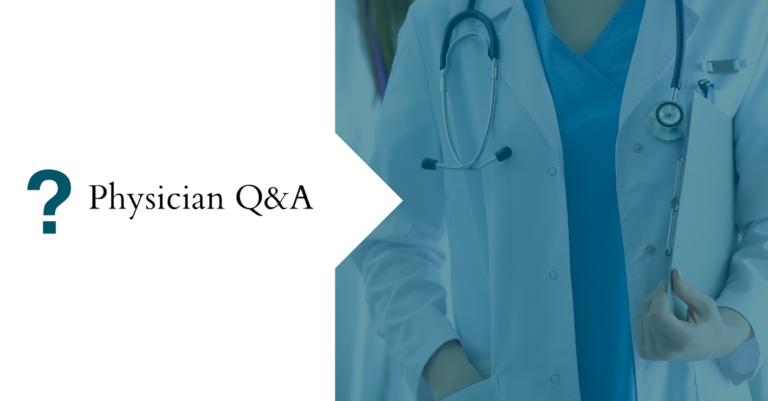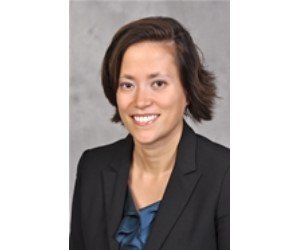
A World Healed of Trafficking: Healthcare’s Role in Confronting Modern-Day Slavery
A dozen clinic staff walked into the training with skepticism. “This is a waste of ... Read more
Written by: Christopher Lee
Published on: July 25, 2018

A dozen clinic staff walked into the training with skepticism. “This is a waste of ... Read more
Written by: Christopher Lee
Published on: July 25, 2018

An 80-year-old female with a history of diabetes and chronic constipation presents to the emergency ... Read more
Written by: Figure 1
Published on: July 13, 2018

A 76-year-old male presents with a progressive headache, dizziness, and confusion after falling from his ... Read more
Written by: Figure 1
Published on: July 6, 2018

A 70-year-old male is brought to the emergency department with subacute shortness of breath and ... Read more
Written by: Figure 1
Published on: June 22, 2018

A 28-year-old woman presents with a one-week history of a slightly raised erythematous lesion on ... Read more
Written by: Figure 1
Published on: May 25, 2018

Case Details A 9-year-old girl is brought to a new pediatrician by her mother over ... Read more
Written by: Figure 1
Published on: April 27, 2018

A 21-year-old female presents with a six-month history of irregular menses, decreased libido, impaired vision, and ... Read more
Written by: Figure 1
Published on: March 3, 2018

Each year, thousands of residents in their final year of residency have the daunting task ... Read more
Written by: Ryan Bucci
Published on: January 18, 2018

Whoever decided that doctors should wear white coats must not have spent much time with ... Read more
Written by: Katie Imbrock
Published on: January 17, 2018

Tell us a little bit about yourself. I started medical school at age 27 after ... Read more
Written by: Student Doctor Network
Published on: December 5, 2017

Breakthroughs in patient care are happening in leaps and bounds due to the convergence of ... Read more
Written by: Guideline Central
Published on: November 16, 2017

No available or affordable program for your healthcare profession in your home state? Take heart! ... Read more
Written by: Margo Colalancia
Published on: September 15, 2017

Alison Stansfield, MBChB, MRCPsych, MD is the clinical lead and consultant psychiatrist for the Leeds ... Read more
Written by: Gloria Onwuneme
Published on: June 22, 2017

Dr. Jennifer A. Villwock is the current Rhinology and Skull Base Fellow at the University ... Read more
Written by: Rafid Rahman
Published on: May 22, 2017

Updated February 15, 2022. The article was updated to correct formatting and minor grammatical errors. ... Read more
Written by: Guideline Central
Published on: May 16, 2017

Dr. Cosima Gretton is a medical doctor and product manager at Karius, Inc., a biotech ... Read more
Written by: Gloria Onwuneme
Published on: May 3, 2017

Recently SDN member medinquirer noted that it’s common for premed students to learn about medicine ... Read more
Written by: Student Doctor Network
Published on: March 20, 2017

What You Should Know is an ongoing series covering a range of informational topics relevant ... Read more
Written by: Brian Wu
Published on: December 13, 2016

Don’t miss Part I of this article, which covered how to prepare before the interview and ... Read more
Written by: bluestreaks
Published on: November 2, 2016